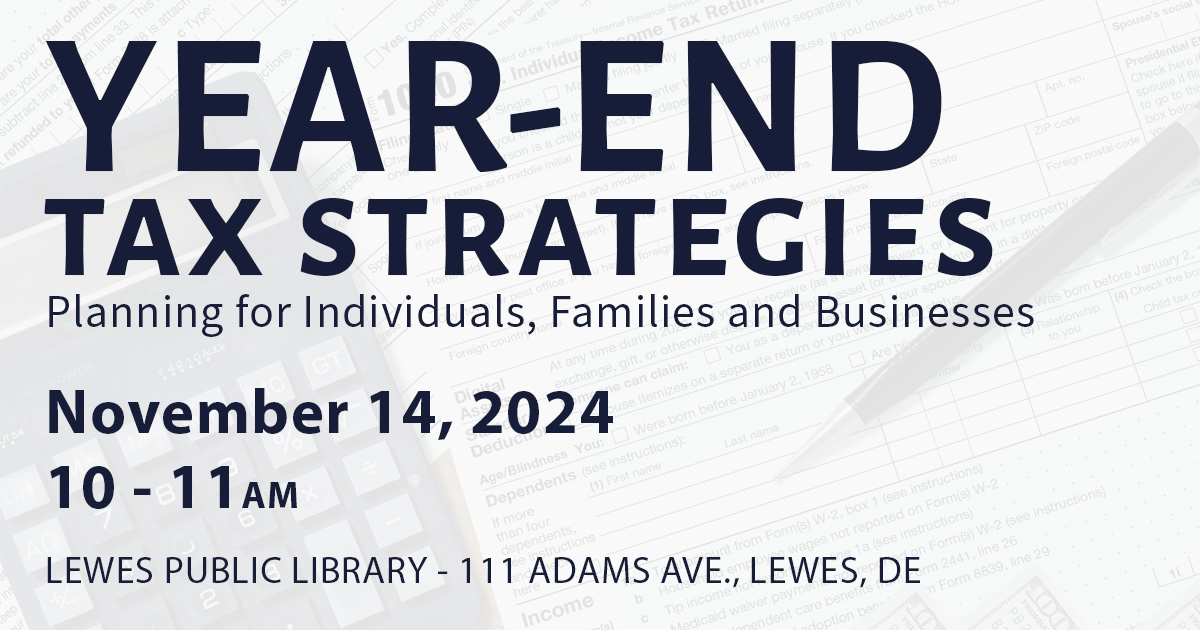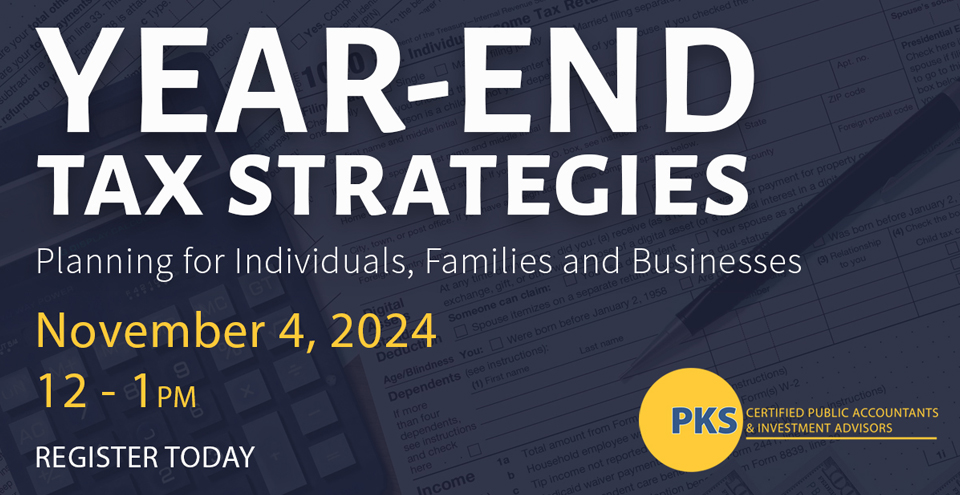The IRS recently announced that in many cases, taxpayers can continue to deduct interest paid on home equity loans. The tax agency issued the clarification because there were questions and concerns that such expenses were no longer deductible under the Tax Cuts and Jobs Act (TCJA), which was signed into law on December 22, 2017.
Background Basics
Taxpayers can deduct interest on mortgage debt that’s “acquisition debt” under the tax law. Acquisition debt means debt that is:
1. Secured by the taxpayer’s principal home and/or a second home, and
2. Incurred in acquiring, constructing, or substantially improving the home. This rule hasn’t been changed by the TCJA.
Under prior law, the maximum amount that was treated as acquisition debt for the purpose of deducting interest was $1 million ($500,000 for married individuals filing separate tax returns). This meant that a taxpayer could deduct interest on no more than $1 million of acquisition debt. Taxpayers could also deduct interest on home equity debt. “Home equity debt,” as specially defined for purposes of the mortgage interest deduction, meant debt that:
- Was secured by the taxpayer’s home, and
- Wasn’t “acquisition indebtedness.” (In other words, it wasn’t incurred to acquire, construct, or substantially improve the home.)
Therefore, the rule allowed taxpayers to deduct interest on home equity debt and enabled taxpayers to deduct interest on debt that wasn’t incurred to acquire, construct, or substantially improve a home — in other words, debt that could be used for any purpose. As with acquisition debt, the rules in place before the TCJA limited the maximum amount of “home equity debt” on which interest could be deducted; here, the limit was the lesser of $100,000 ($50,000 for a married taxpayer filing separately), or the taxpayer’s equity in the home.
Under the TCJA, for tax years beginning after December 31, 2017 and before January 1, 2026, the limit on acquisition debt is reduced to $750,000 ($375,000 for a married taxpayer filing separately). The $1 million, pre-TCJA limit applies to acquisition debt incurred before December 15, 2017, and to debt arising from refinancing pre-December 15, 2017 acquisition debt, to the extent the debt resulting from the refinancing doesn’t exceed the original debt amount.
Under the TCJA, for tax years beginning after December 31, 2017 and before January 1, 2026, there’s no longer a deduction for interest on “home equity debt.” The elimination of the deduction for interest on home equity debt applies regardless of when the home equity debt was incurred.
New Release
In the IRS’s Internal Release 2018-32, the tax agency stated that despite the newly-enacted restrictions on home mortgages under the TCJA, taxpayers can often still deduct interest on a home equity loan, home equity line of credit (HELOC), or second mortgage, regardless of how the loan is labeled.
The IRS clarified that the TCJA suspends the deduction for interest paid on home equity loans and lines of credit, unless they’re used to buy, build or substantially improve the taxpayer’s home that secures the loan.
For example, interest on a home equity loan used to build an addition to an existing home is typically deductible, while interest on the same loan used to pay personal living expenses — such as credit card debts — isn’t deductible. As under pre-TCJA law, for the interest to be deductible, the loan must be secured by the taxpayer’s main home or second home (known as a qualified residence), not exceed the cost of the home and meet other requirements.
For anyone considering taking out a mortgage, the TCJA imposes a lower dollar limit on mortgages qualifying for the home mortgage interest deduction. The lower limits apply to the combined amount of loans used to buy, build or substantially improve the taxpayer’s main home and second home.
In its release, the IRS provided the following examples:
Illustration 1: In January 2018, John takes out a $500,000 mortgage to purchase a main home with a fair market value of $800,000. In February 2018, he takes out a $250,000 home equity loan to put an addition on the main home. Both loans are secured by the main home and the total doesn’t exceed the cost of the home. Because the total amount of both loans doesn’t exceed $750,000, all of the interest paid on the loans is deductible. However, if John used the home equity loan proceeds for personal expenses, such as paying off student loans and credit cards, then the interest on the home equity loan wouldn’t be deductible.
Illustration 2: In January 2018, Mary takes out a $500,000 mortgage to purchase a main home. The loan is secured by the main home. In February 2018, she takes out a $250,000 loan to purchase a vacation home. The loan is secured by the vacation home. Because the total amount of both mortgages doesn’t exceed $750,000, all of the interest paid on both mortgages is deductible. However, if Mary took out a $250,000 home equity loan on the main home to purchase the vacation home, then the interest on the home equity loan wouldn’t be deductible.
Illustration 3: In January 2018, Bob takes out a $500,000 mortgage to purchase a main home. The loan is secured by the main home. In February 2018, he takes out a $500,000 loan to purchase a vacation home. The loan is secured by the vacation home. Because the total amount of both mortgages exceeds $750,000, not all of the interest paid on the mortgages is deductible. Only a percentage of the total interest paid is deductible.
If you have questions about home equity loans or other provisions of the TCJA, consult with your tax advisor.
PKS & Company, P.A., Certified Public Accountants and Advisors to Business, is a full service accounting firm with offices in Salisbury & Ocean City, MD and Lewes, DE. PKS provides traditional accounting services as well as specialized services in the areas of retirement plan audits and administration, medical practice consulting, estate and trust services, fraud and forensic services and payroll services and offers financial planning and investments through PKS Investment Advisors, LLC.




